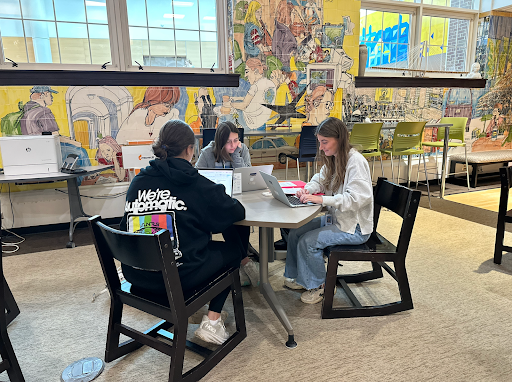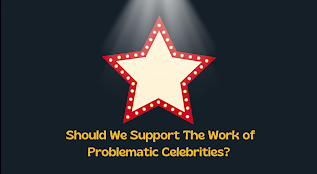After a long day at school, the first thought that always comes to mind is: What’s new on TikTok? You tell yourself, I will only watch for 10 minutes, but before you know it, hours have gone by, and you haven’t even started studying for your math test.
If you’ve experienced this, you’re not alone. Internal documents reveal that TikTok executives are well aware of the addictive quality of the app, and internal research found that it takes less than an hour to become addicted to the platform.
I will admit that I have love watching TikTok, but knowing the people behind the screen are against us, makes me question the truth behind the app itself. I believe that social media and TikTok in particular are incredibly addictive and have changed us as a society.
The app consists of short personalized videos, curated to match our personal interests. The “For You Page” is a feed of content that is designed to keep us more entertained and inevitably, keep us wanting to watch more.
So what makes the platform addictive?
Watching videos that spark interest or make someone laugh releases dopamine in your brain. Dopamine acts as a hormone causing motivation and happiness. By watching videos that make you feel happy and entertained, it creates a rewarding feeling that makes you want to spend more time on the platform.
TikTok is strategically set up as a “trap.” You are almost guaranteed to find videos customized to your personal liking, causing you to keep picking up your phone. If you find videos that are enjoyable to you, it makes it nearly impossible to want to engage in anything else, other than the platform itself.
“It demonstrates how people can be manipulated to repeat specific behaviors that are helpful for a company to generate profits,” Psychology teacher Steve Clegg said. “In the end, many similarities to social media addiction are related to gambling and slot machines, both helping a company gain profits.”
Not only is TikTok extremely addictive, but it also increases the risk of anxiety and depression, causing a lack of motivation to complete daily life tasks.

A student journal from Brown University wrote that “social media addiction may reduce productivity and success in work, education, and other areas of life.”
You may become completely unaware of how it has negatively affected your life. You may start to fall behind in school, lose motivation, and start to feel incredibly anxious. At some point, you may start to wonder if it’s really worth your time.
Majority of content posted is unrealistic standards that are nearly impossible to achieve. When consuming yourself within social media, you are inspired by different lifestyle choices that aren’t even real to begin with.
Social media is a “highlight reel,” where you only see the positive moments in someone’s life without knowing the challenges they face as well. It’s very easy to compare yourself to someone else online, and it can cause you to feel very bad about yourself, wanting to change aspects of your life unnecessarily.
Many people have found Instagram Reels to be an alternative to TikTok. The app provides short videos very similar to TikTok, providing the same amount of enjoyment without engaging with TikTok itself.
However, many users become frustrated with the app because the main creators of Reels are content creators specifically. This makes the experience less engaging when you don’t see any videos your friends are posting, as they post it on TikTok.
Instagram Reels can be a solution for TikTok, but any form of social media for long periods of time can be harmful. I have recently deleted Tiktok, and I recommend others to do so as well.
But if you don’t want to, it is important to take breaks from your phone to go outside, exercise, and spend time with people you enjoy. Finding a healthy balance between social media and your daily life, can help benefit you in the future.
“It’s tricky to identify a healthy balance, but having times where you can be totally disconnected from your device can be a healthy way to take a break from social media every day,” Clegg said.








